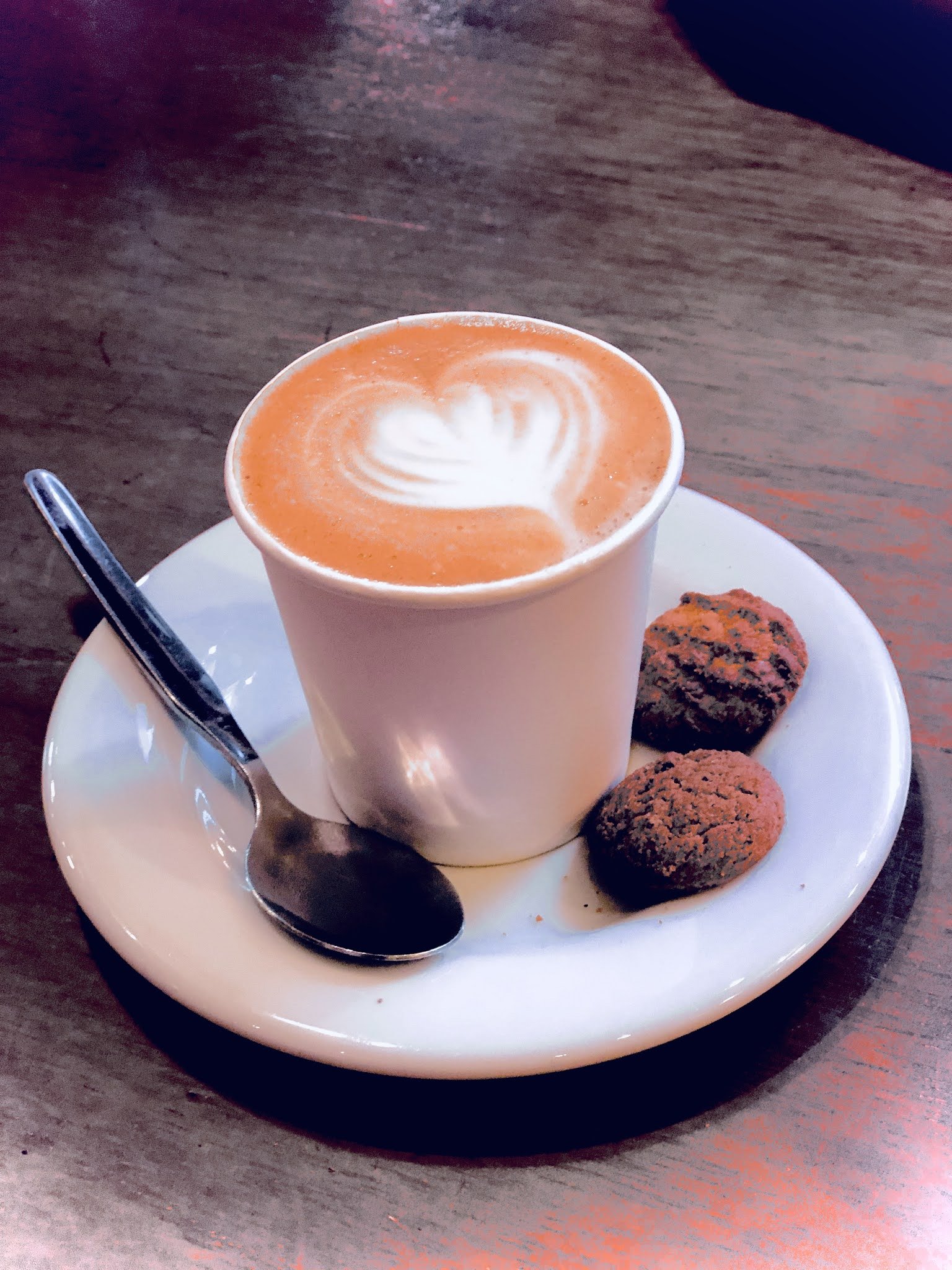Kindness
Call me a millennial, call me cheese wax,
call me however you please as you slowly inch your way down a post that you're already probably quite skeptical about - I can feel it!
But nevertheless, today I want to talk about kindness. Kindness plays such an important role in managing anxiety. As we are already aware, we can't control anyone's actions but our own.
That said, when others are kind, it does change the tone of our environment. It slows the pressures down and gives a little breathing room to everything.
So that begs the question, can we be kind? I'm sure we all feel we are kind in one way or another (it's not like we go around aimlessly spewing profanity at others). But is that enough? Without understand our own emotional distress, it's challenging to understand the degree to which we can be kind. Emotional distress blocks the ability to be truly kind. Ok, get the puke bucket ready cause I'm going to say something extra cheesy but there is just no other way to say it...if you can't be kind to yourself you can't be kind to others.
Being kind to ourselves...what does that mean? Immediate thoughts might be that it means not putting yourself down. That's certainly part of it. Taking care of your health, prioritizing yourself. Sure, those are important factors too.
An important piece that isn't often talked about is addressing your "should haves", and "could haves". It's so hard to be happy for others and kind to others when you're carrying your "could haves" on your shoulders.
There is certainly the big category of "should have/could have" like career - those definitely suck (I should have been <<insert favourite career>> if only I did/didn't <<insert any...anything at all>>). But there are also small "should have/could haves" that impact our interactions and relationships with others and our present selves as well.
Yes, this all falls into the bucket of coming to peace with your past and your present state. However, digging deep to understand why the brain holds so tightly to decisions we made eons ago (or maybe 2 years or 2 months ago...) is a process. The first step is remembering that we make decisions for the future, a time where we can't possibly correctly predict the circumstances that will surround us.
I mean...we could try....but there is absolutely no guarantee your circumstance will be as you predicted and thus that you will be the person you imagined. Sure, you may be able to correctly predict that you'll cross a street, but you likely won’t predict who will pass you as you cross or the number of cars you'll see along the way.
By allowing ourselves to accept that change is outside our control and will always exist, it will be easier to eventually be at peace with old decisions that may not fit your current circumstance. This will make a difference in the way we slowly allow the mental tether to those decisions disintegrate. Remember, your brain has many tasks and one of them is to retain information. Just because it retains old decisions doesn't mean that those decisions still fit.
This is not to say that you shouldn't set goals and this is not to say that we shouldn't create targets for ourselves. All these things are healthy and quite important for our growth. But it is up to us to tell our brain that it's ok to let that target go at some point. The target served it's purpose...it propelled you forward. So what if you didn't meet the little red dot in the centre of the hypothetical circle...is not your brain's fault or your fault. Your brain is the map, you are the guide. It's up to you to guide your mental health by affirming to yourself that wherever you are now is exactly where you need to be.
As always, you don’t have to go on that journey alone. There are coaches and professionals to help you along the way.
Peace to you all this fine evening. From my couch to yours,
Your Evening Coach

